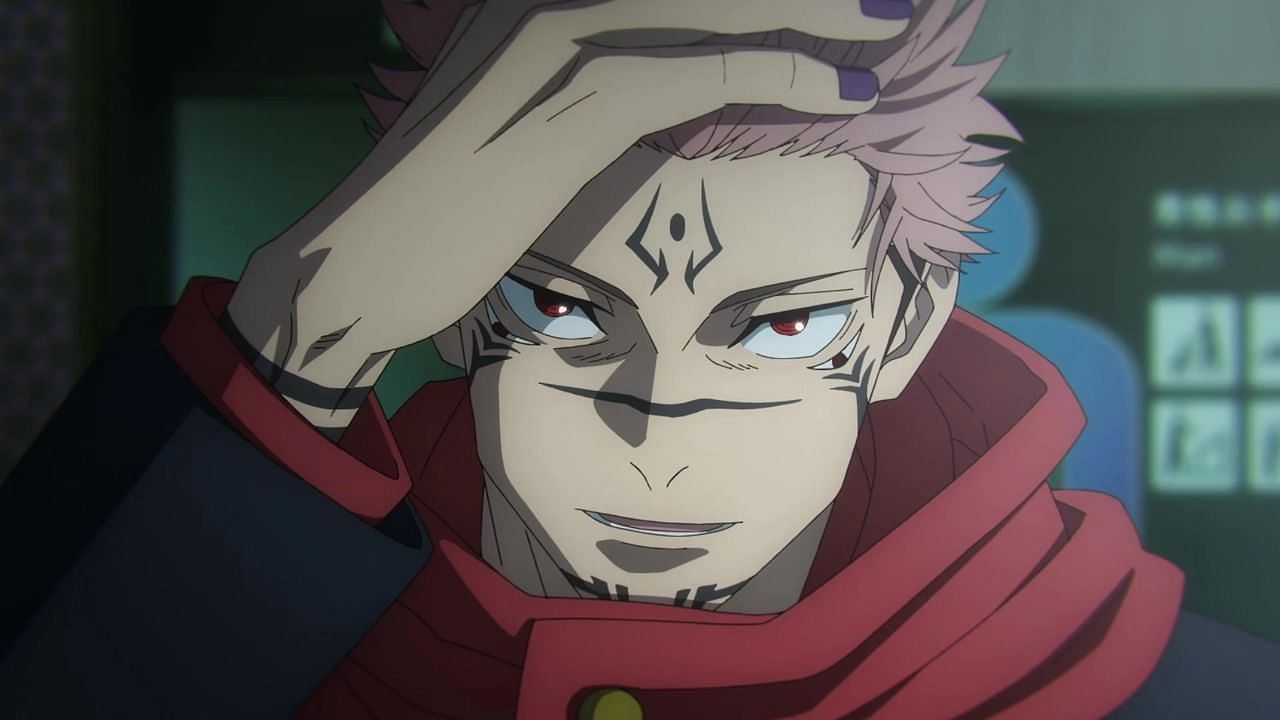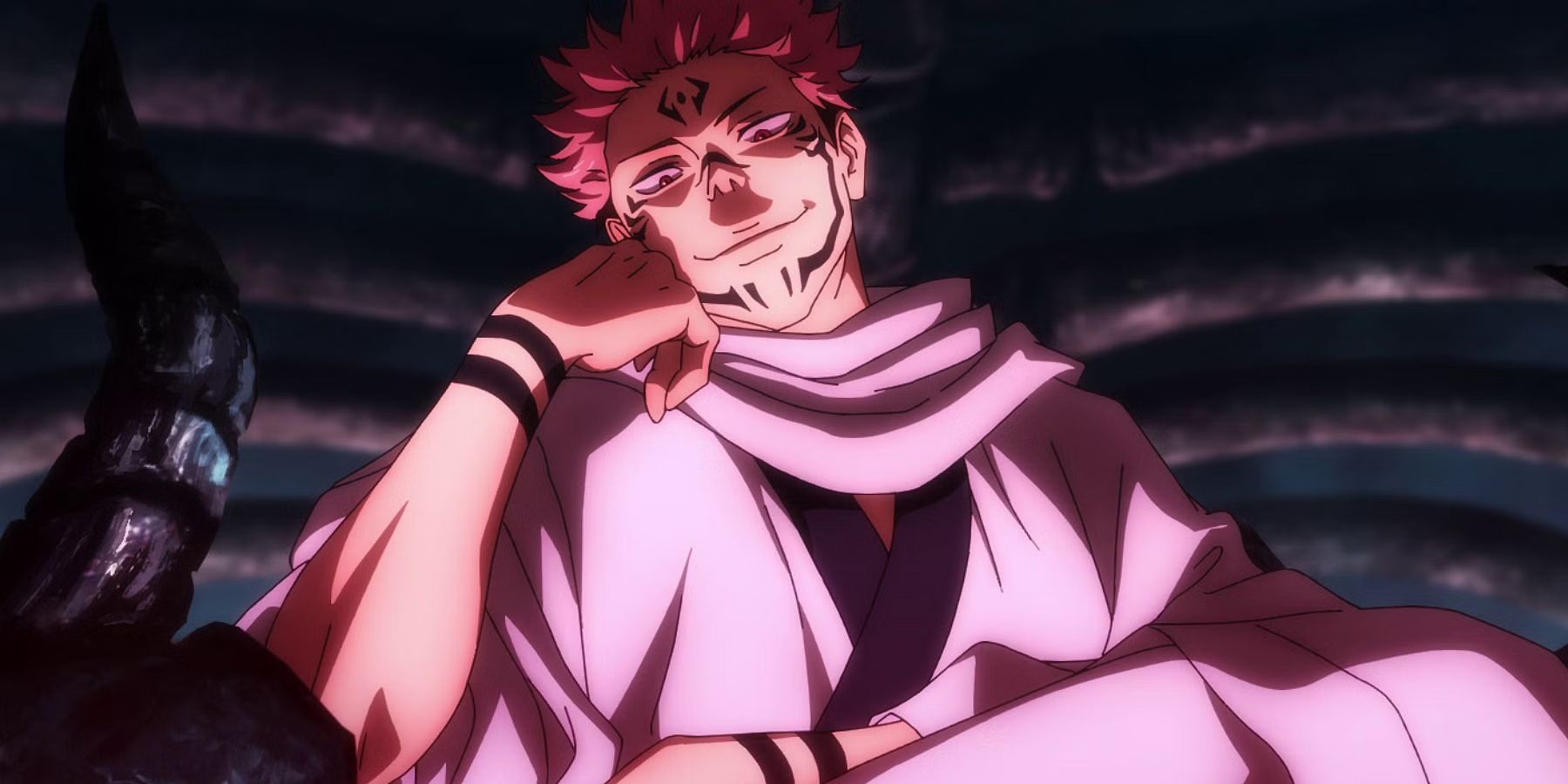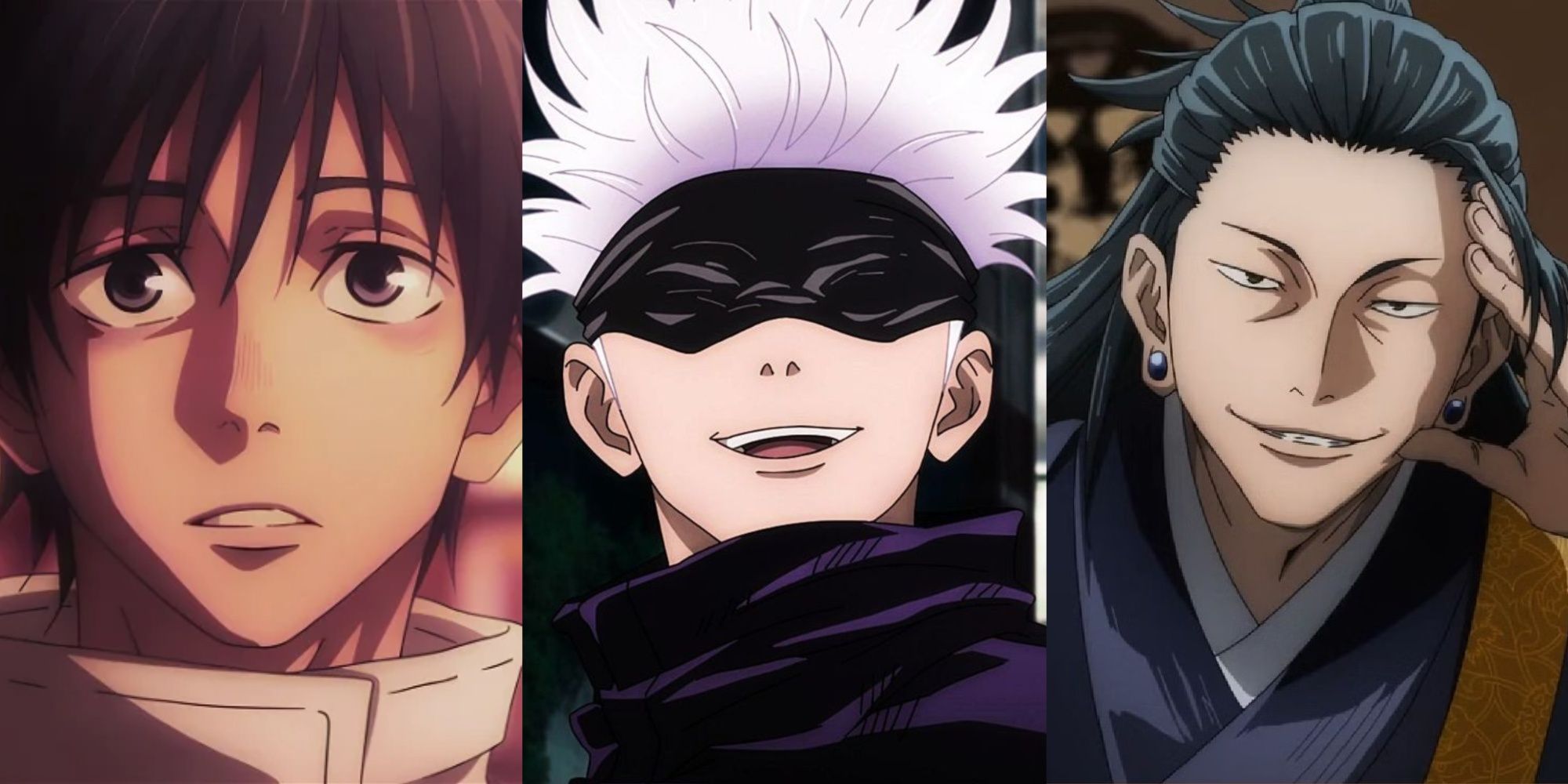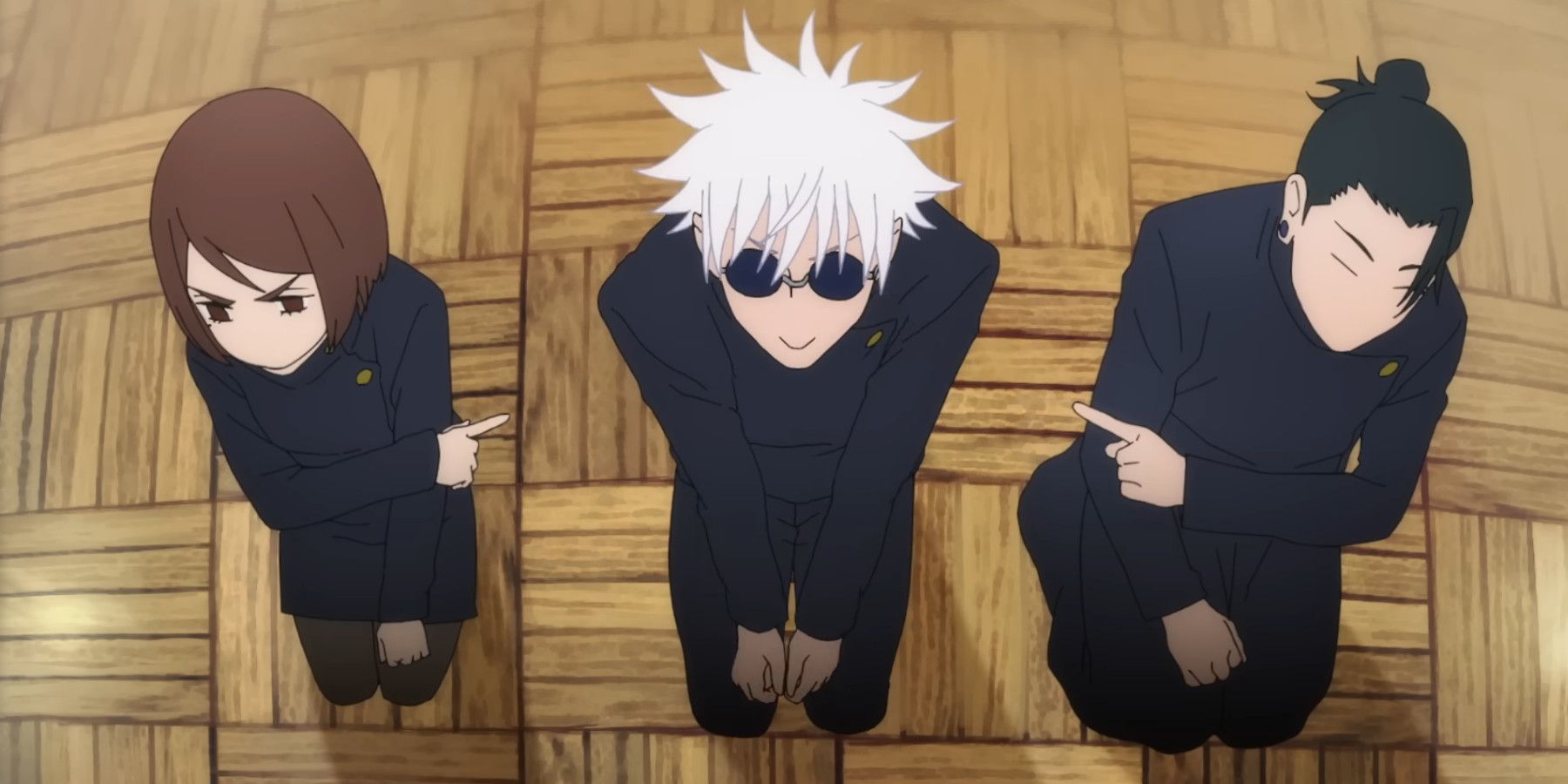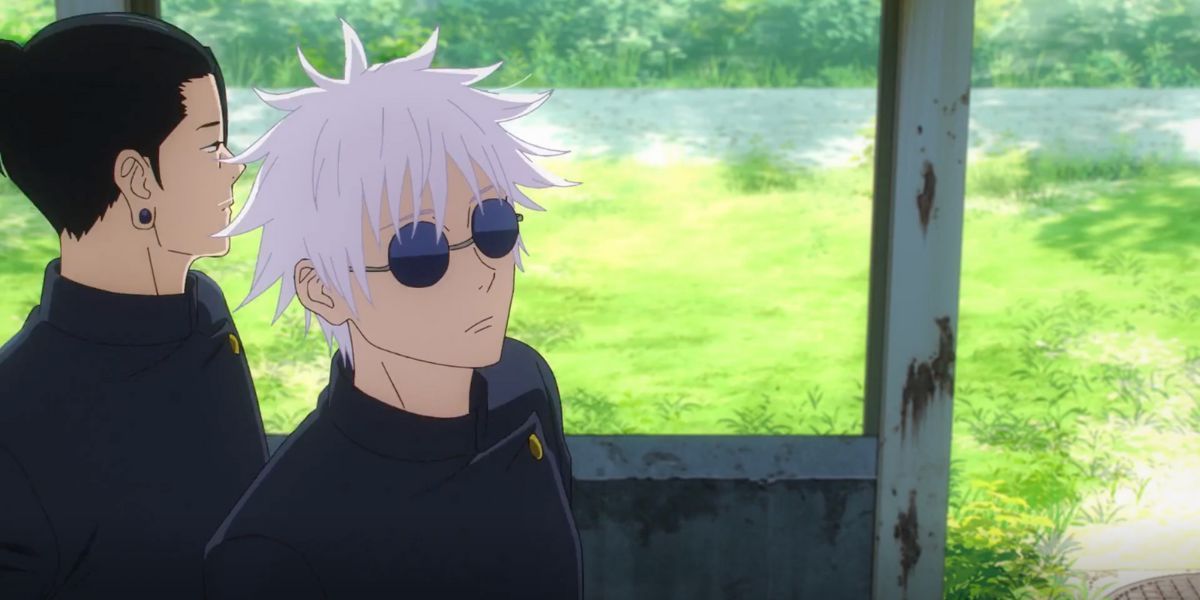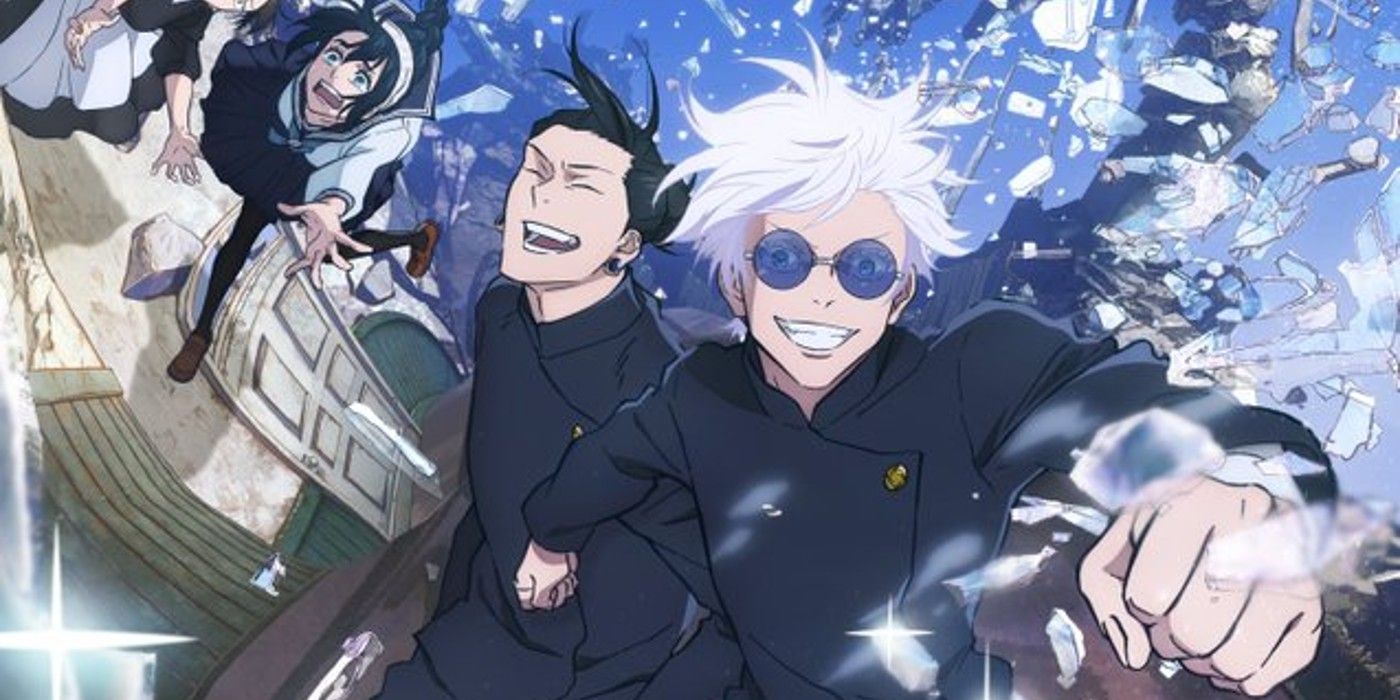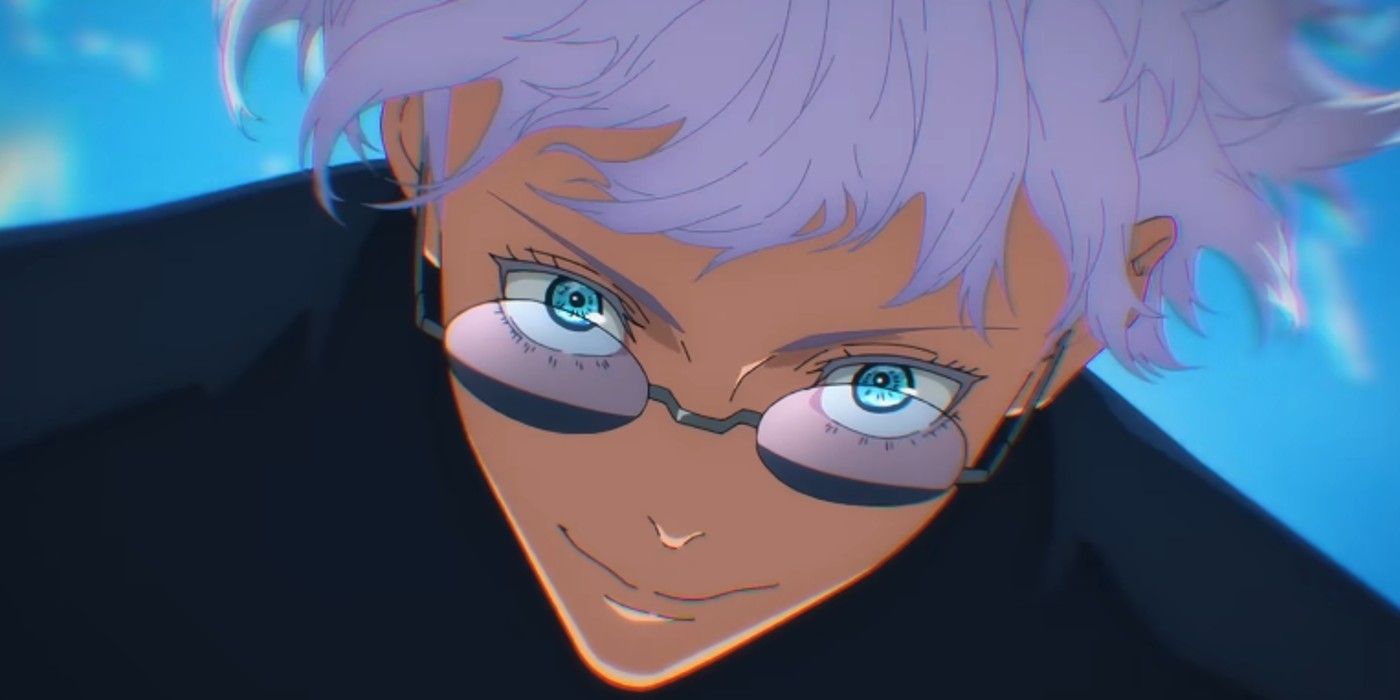
The Mystical Symbolism Behind Jujutsu Kaisen's Sukuna's Domain Expansion Hand Sign

Unraveling the mythological meaning behind Sukuna's Domain Expansion hand sign in Jujutsu Kaisen, enhancing the allure of Ryomen Sukuna
Domain Expansions are among the iconic traits of Gege Akutami's manga, Jujutsu Kaisen, and are comparable to Bleach's Bankai or Dragon Ball's Super Saiyan. This signature element has given the series a distinctive feel, and one of the most iconic Domain Expansions is Ryomen Sukuna's Malevolent Shrine. This powerful technique is rooted in mythological inspiration and adds depth to the character and the series as a whole.
Disclaimer: This article contains spoilers for the Jujutsu Kaisen series.
Explaining the mythological influences of Sukuna's Domain Expansion hand sign in Jujutsu Kaisen
A recent Twitter revelation uncovered the deep meaning behind Sukuna's Domain Expansion hand sign in Jujutsu Kaisen, drawing from Japanese myths that serve as a consistent inspiration for Gege Akutami in this manga. The Heian era, Sukuna himself, references to Yamata no Orochi, and more all reflect Akutami's incorporation of real-life myths and history into the story.
Sukuna's Domain Expansion, known as Malevolent Shrine, features a hand sign that represents Buddhism. Each Domain Expansion has its own hand sign and explanation connected to Buddhism, and in the case of Sukuna, this one refers to Enma Ten-In, the king of hell, whose origin comes from Yama, the king of the Dead Land.
It's interesting to note that in myths, Yama was originally a human, much like Sukuna, who later became a Curse in Jujutsu Kaisen. This sheds light on why Akutami decided to give the King of Curses this hand sign, as it aligns with his character and serves as a representation of the myths that inspired his creation and development.
The appeal of Ryomen Sukuna
Sukuna in Shibuya (Image via MAPPA).
Jujutsu Kaisen's recent success can be attributed in part to the character of Ryomen Sukuna and his impact on the series. While author Gege Akutami has been praised for creating compelling villains like Suguru Geto, Mahito, and Kenjaku, the King of Curses stands out as having the greatest influence.
Sukuna's appeal lies in his ability to defy expectations by not fitting into the typical inner demon trope of shonen anime. Instead of befriending Yuji Itadori, he focuses on ruining his life and tormenting him, portraying Sukuna as a purely evil individual who lives by his own rules. This is evident when he takes over Yuji's body, with the destruction of Shibuya serving as a prominent example.
Final thoughts
Sukuna's significance in the manga has significantly increased, positioning him as arguably the final antagonist of the series and responsible for the demise of multiple beloved characters. This sets him apart as an antagonist with a significant impact throughout the series, a rarity in shonen due to the reluctance of many authors to eliminate key characters.
Sukuna's Domain Expansion hand sign in Jujutsu Kaisen draws from Buddhism, specifically symbolizing the king of hell in that culture. This incorporation of Buddhist inspiration is a recurring technique employed by Gege Akutami, who often integrates various Japanese myths into the series.
Editor's P/S
As a Gen Z netizen, I find the mystical symbolism behind Sukuna's Domain Expansion hand sign in Jujutsu Kaisen to be fascinating. It's amazing how Gege Akutami has managed to weave together Japanese myths and history into the story, adding depth and richness to the character of Sukuna and the series as a whole. The fact that Sukuna's hand sign represents Enma Ten-In, the king of hell, further enhances his character and makes him even more intriguing.
Sukuna's defiance of the typical inner demon trope in shonen anime is also refreshing. Instead of befriending the protagonist, Yuji Itadori, he focuses on ruining his life and tormenting him, portraying Sukuna as a purely evil individual who lives by his own rules. This makes him a truly unique and compelling villain, and I can't wait to see how his character develops and how he will impact the series in the future.
